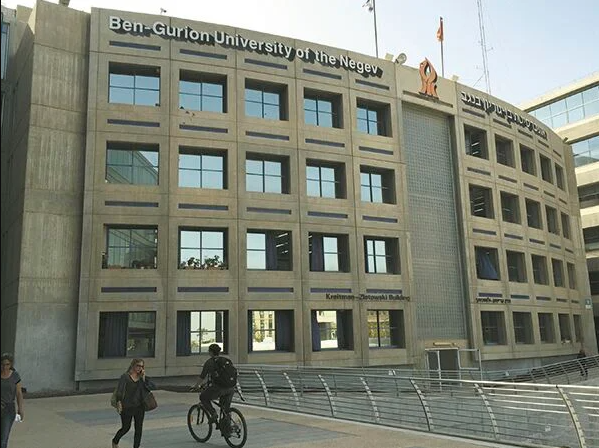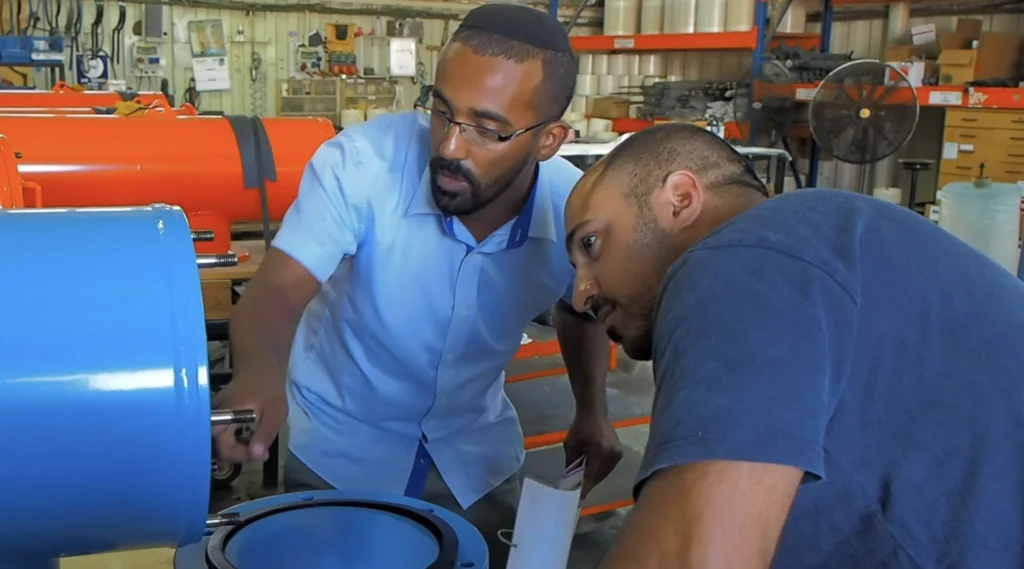
BGU Launches Oazis
September 14, 2020
Business & Management, Negev Development & Community Programs
The Jerusalem Post — On Sunday, BGU’s Yazamut 360 Entrepreneurship Center launched Oazis, an accelerator aimed at promoting new academic technologies.
Managed by Michel Assayag, Oazis is working in collaboration with BGN Technologies, the technology transfer company of BGU. Oazis is empowered by IBM Alpha Zone, an accelerator program based in Israel that give startups access to mentorship, technical training and support, and the IBM infrastructure.

Prof. Carmel Sofer
Chair of Yazamut 360
“The Oazis accelerator enables BGU’s leading researchers to broaden their understanding in business-related aspects and in translating the deep technologies developed at the labs into business initiatives,” says Prof. Carmel Sofer, chair of Yazamut 360, and a member of the Department of Industrial Engineering and Management.
“In addition, the accelerator helps the researchers find partners to build their new ventures as startup companies and promotes the conversion of outstanding research into successful startup companies.”

Josh Peleg, CEO, BGN Technologies
“It is noteworthy that since the beginning of the year, we recorded a 30% increase, compared to the corresponding period in 2019, in the number of new invention disclosures based on research from BGU,” says Josh Peleg, chief executive officer of BGN Technologies. “This is a testament to the burst of innovation and entrepreneurship of the ecosystem surrounding the university, of which Oazis is a part, and which will lead to regional growth and transformation of the Negev into a center of knowledge, innovation and technology.”
Six startups make up the first cohort. They are:
NeuroHelp, which is a system for detecting and predicting epileptic seizures based on a unique combination of EEG-based monitoring of brain activity together with proprietary machine-learning algorithms, developed by Prof. Oren Shriki and his team at BGU’s Department of Cognitive and Brain Sciences.
Panacea, with technology developed by Prof. Boaz Lerner, of BGU’s Department of Industrial Engineering and Management, offers pharmaceutical companies a tool for reducing the steep costs and long development time of clinical trials, and even more importantly, increasing the chances for a successful drug-development process.
3D-Green, which is developing raw materials for 3D printers from recycled plastic bottles, thus reducing costs and increasing availability while protecting the environment, designed by Itai Yair, a graduate of BGU’s Department of Industrial Engineering and Management.
Flanimus, which is developing a simple, one-minute breath test for diagnosing COVID-19 at only $3.00 per test, based on an invention by Prof. Gabby Sarusi, deputy head for research at the School of Electrical and Computer Engineering.
Testory, a platform for automated quality assurance (QA) processes that enables software analysis built on story based testing, based on research by Prof. Gera Weiss of BGU’s Department of Computer Science and Dr. Achiya Elyasaf of BGU’s Department of Software and Information Systems Engineering.
MirageDynamics creates new video ad space, thereby enabling content providers and owners of ad infrastructures to automatically integrate virtual ads and increase sales from advertising, developed by Prof. Jihad El-Sana from BGU’s Department of Computer Science, an expert on image processing, video, augmented reality, and computer vision.



